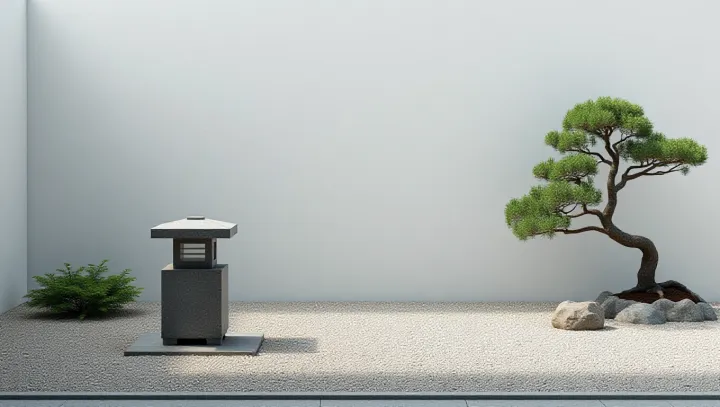Japanese Influence on Minimalism

Globally admired and adopted for its elegance and sophistication, minimalistic design finds its roots in traditional Japanese culture, which has heavily influenced its principles. The influence is evident in major cities such as New York, London, and Tokyo, where minimalism remains a dominant design trend. Japanese aesthetics focus on simplicity, balance, and an intrinsic connection with nature, derived from concepts like 'Zen' and 'Ma'.
These elements have seamlessly integrated into the modern design industry, shaping environments that are both functional and visually calm. Design experts such as Professor Hiroshi Tanaka from Tokyo University highlight that the minimalist approach encourages a focus on essentials and purposeful layouts, which is increasingly favored in urban dwellings where space is often limited. This cultural ripple effect continues to resonate in various realms, including architecture, graphics, and fashion.
The rise in popularity of minimalism has not only influenced the visual aspect but also lifestyle choices, with more individuals seeking simplicity in their daily lives, inspired by the serene and clutter-free approach. This demonstrates the lasting impact of Japanese culture on modern design movements.
